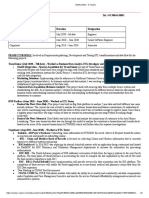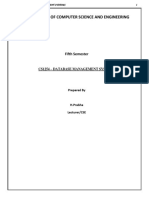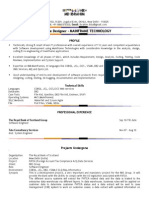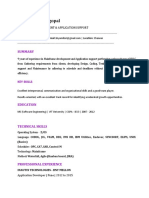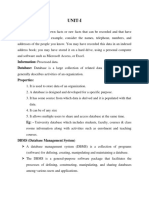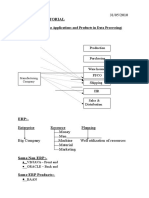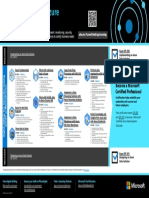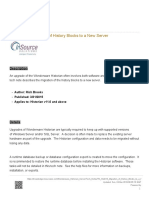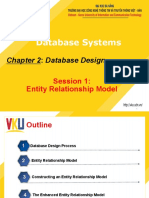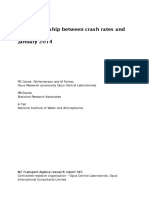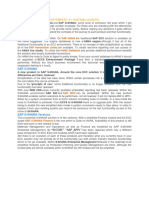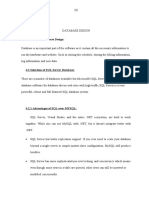0% found this document useful (0 votes)
48 views10 pagesOracle 19C Features
This guide details the new features of Oracle 19c tailored for banking DBAs, emphasizing practical use cases to enhance performance, security, and compliance. Key features include DBCA Silent Mode for rapid PDB cloning, Dry-Run Validation for safe upgrades, and Automatic Indexing for improved transaction speeds. Each scenario illustrates how these features can optimize banking operations while ensuring data integrity and regulatory compliance.
Uploaded by
govindarao dbaCopyright
© © All Rights Reserved
We take content rights seriously. If you suspect this is your content, claim it here.
Available Formats
Download as PDF, TXT or read online on Scribd
0% found this document useful (0 votes)
48 views10 pagesOracle 19C Features
This guide details the new features of Oracle 19c tailored for banking DBAs, emphasizing practical use cases to enhance performance, security, and compliance. Key features include DBCA Silent Mode for rapid PDB cloning, Dry-Run Validation for safe upgrades, and Automatic Indexing for improved transaction speeds. Each scenario illustrates how these features can optimize banking operations while ensuring data integrity and regulatory compliance.
Uploaded by
govindarao dbaCopyright
© © All Rights Reserved
We take content rights seriously. If you suspect this is your content, claim it here.
Available Formats
Download as PDF, TXT or read online on Scribd
/ 10

































